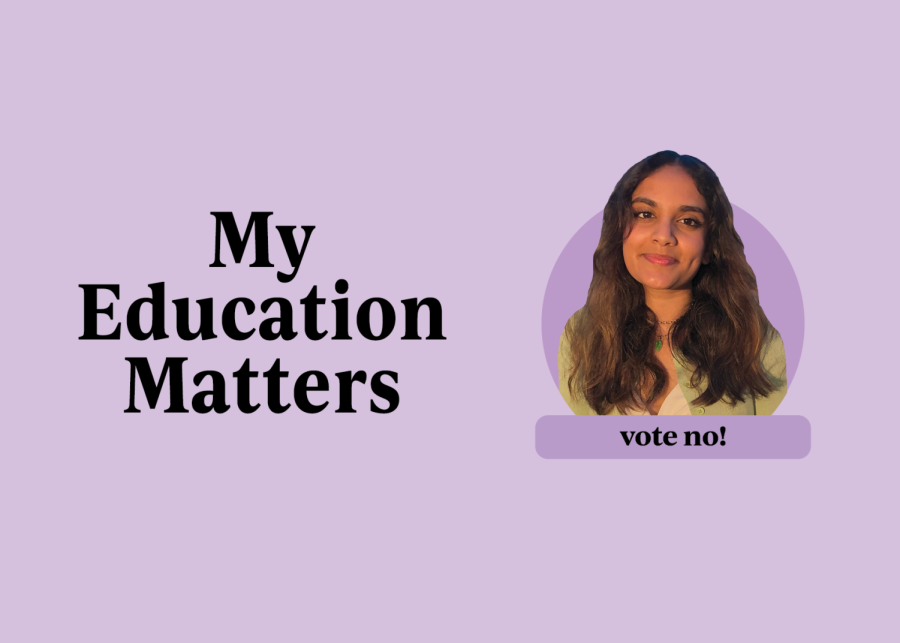A few weeks ago, I was walking into the girl’s restroom when I noticed the wall lined with black and white posters reading “Your Education Matters” and “Vote No to House Bill 1134!” in large letters. While I had heard about a controversial education bill being passed in the Indiana House, reading its details on a poster above the sink immediately alarmed me.
House Bill 1134, titled “Education Matters,” is not the first of its kind; many politicians have shifted their playing field to education, spurring a nationwide debate surrounding critical race theory, social emotional learning and history curricula in public schools.
The bill is complex, but it all boils down to limiting what teachers can say about race, history and politics in Indiana classrooms. Specifically, if the bill passed, it bans a list of “divisive concepts” from discussion in classrooms, including that any sex, race or ethnicity is inherently superior or inferior to another or that any individual should feel discomfort, guilt or responsibility when learning about others’ hardships.
Additionally, the bill would take power out of the hands of teachers and school leaders and put it into the hands of parents and lawmakers—people who aren’t even present in the classroom. Under the bill, parents could potentially sue schools for thousands of dollars, revoke licenses of teachers or administrators and require teachers to post classroom materials online for parents to inspect at the beginning of the school year.
Unfortunately, the bill fails to achieve what it’s meant to do—maximize and improve students’ learning. In fact, it’s clear the authors are attempting to enforce their own political agendas upon students while claiming they want to keep others from doing the same.
The bill itself has a dark past. House Bill 1134 is a copycat bill of Senate Bill 167, which justifiably became the subject of national outrage when that bill’s author, Senator Scott Baldwin, suggested teachers should be “neutral on Nazism” and only teach objective information. This baffles me; every instructor should condemn all acts of discrimination from our past and explain to students why we can make these mistakes again. Baldwin later walked back on his comments, but only after public outcry.
As a student, I’ve always loved the social studies teachers and classes here at Carmel. Learning about everything from segregation in schools in 1954 to finally achieving marriage equality in 2015 has attuned my understanding of other communities. Similarly, while topics like racism, sexism and homophobia can initially make someone uncomfortable, it’s only when we discuss them among diverse audiences that we can come together and build empathy for each other.
And years of research surrounding diversity education agrees. According to the Century Foundation, evidence points to the fact that “diversity makes us smarter,” and today’s employers and colleges have made it a top priority. Exposing students to topics that discuss discrimination doesn’t make students feel guilty or responsible; rather, it allows us to understand one another better and put in the work necessary to achieve equity and inclusion. tcd
To me, it’s really the students’ and teachers’ opinions that need to be heard the most, but are being disregarded the most. At least according to the girl’s restroom, we have enough reason to speak out against House Bill 1134.
The views in this column do not necessarily reflect the views of the HiLite staff. Reach Sowmya Chundi at schundi@hilite.org
To see more of Sowmya’s work, click here.















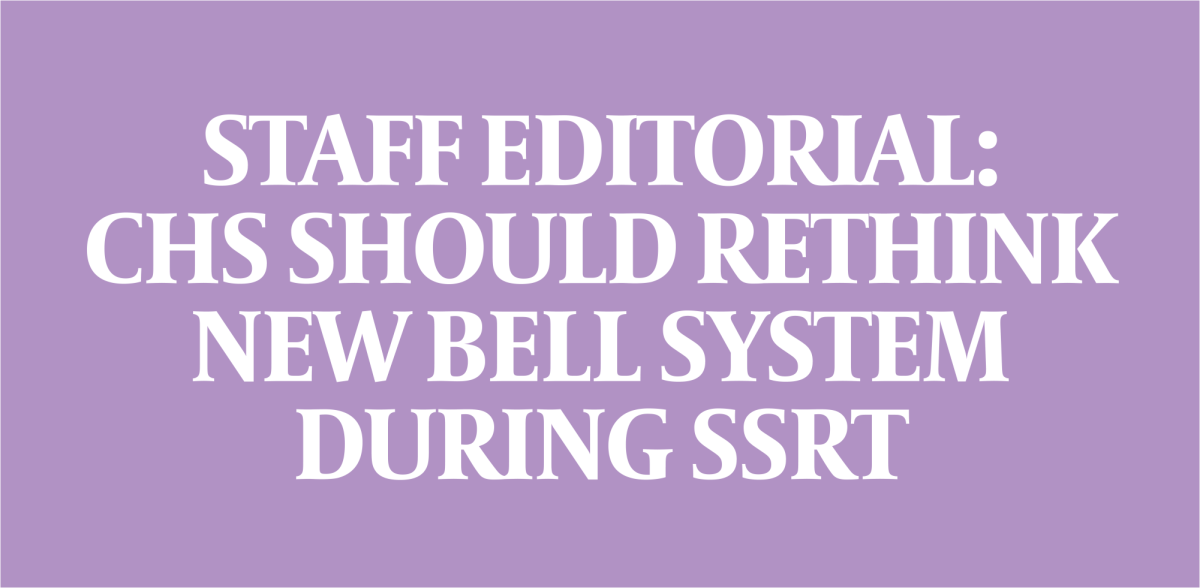
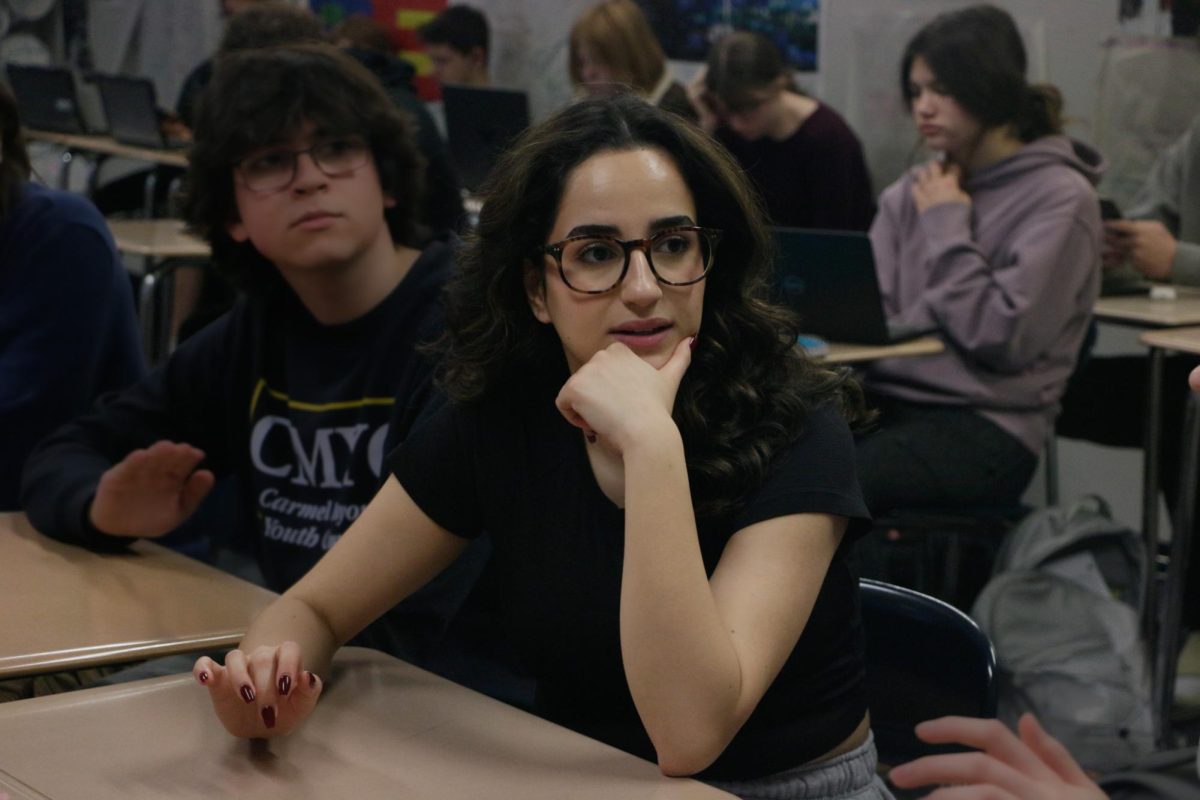

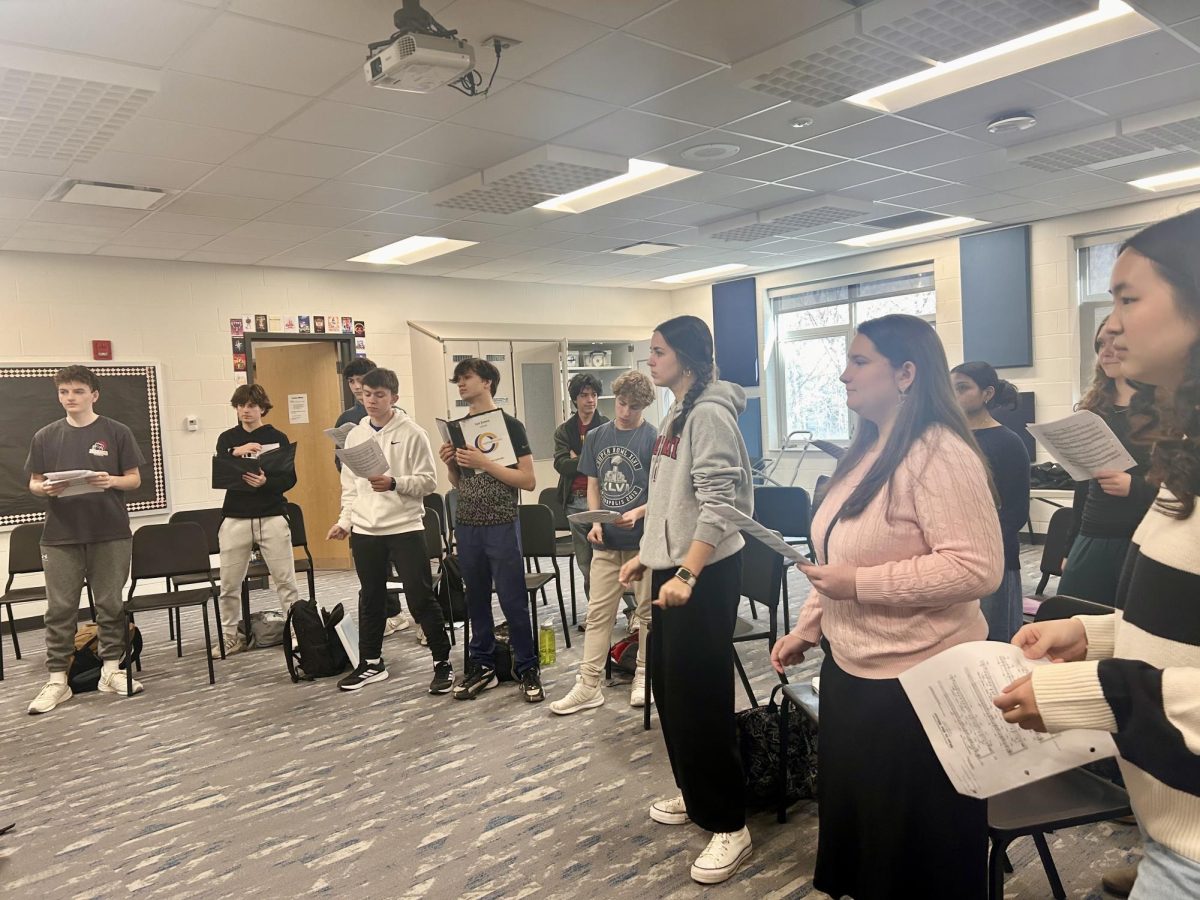

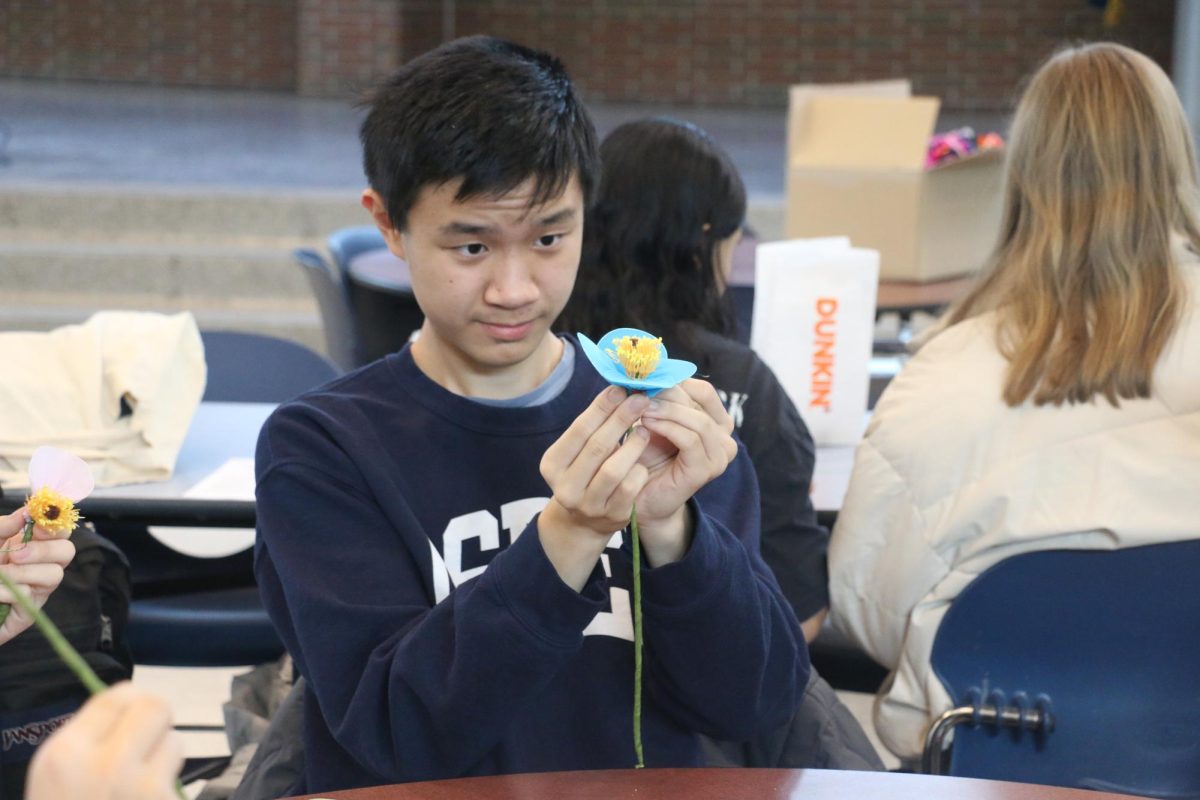




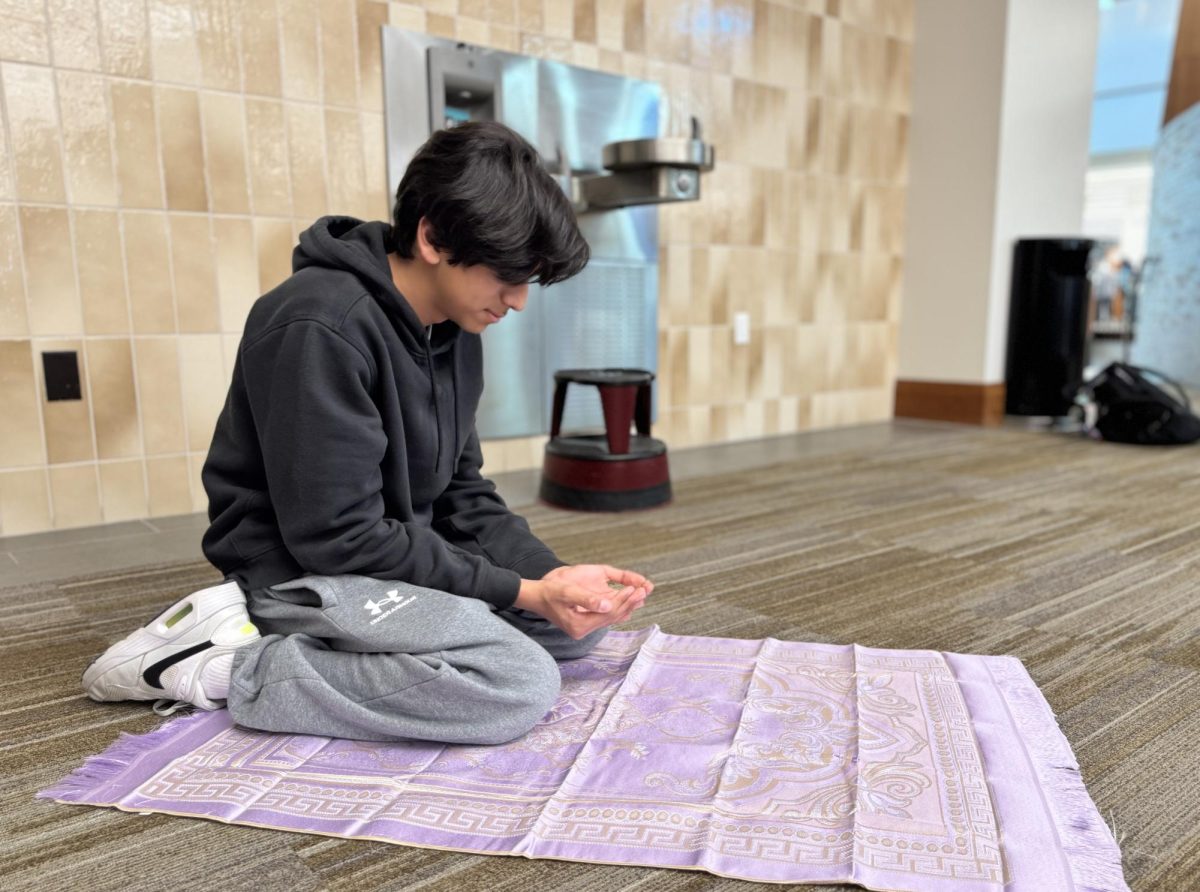





![AI in films like "The Brutalist" is convenient, but shouldn’t take priority [opinion]](https://hilite.org/wp-content/uploads/2025/02/catherine-cover-1200x471.jpg)


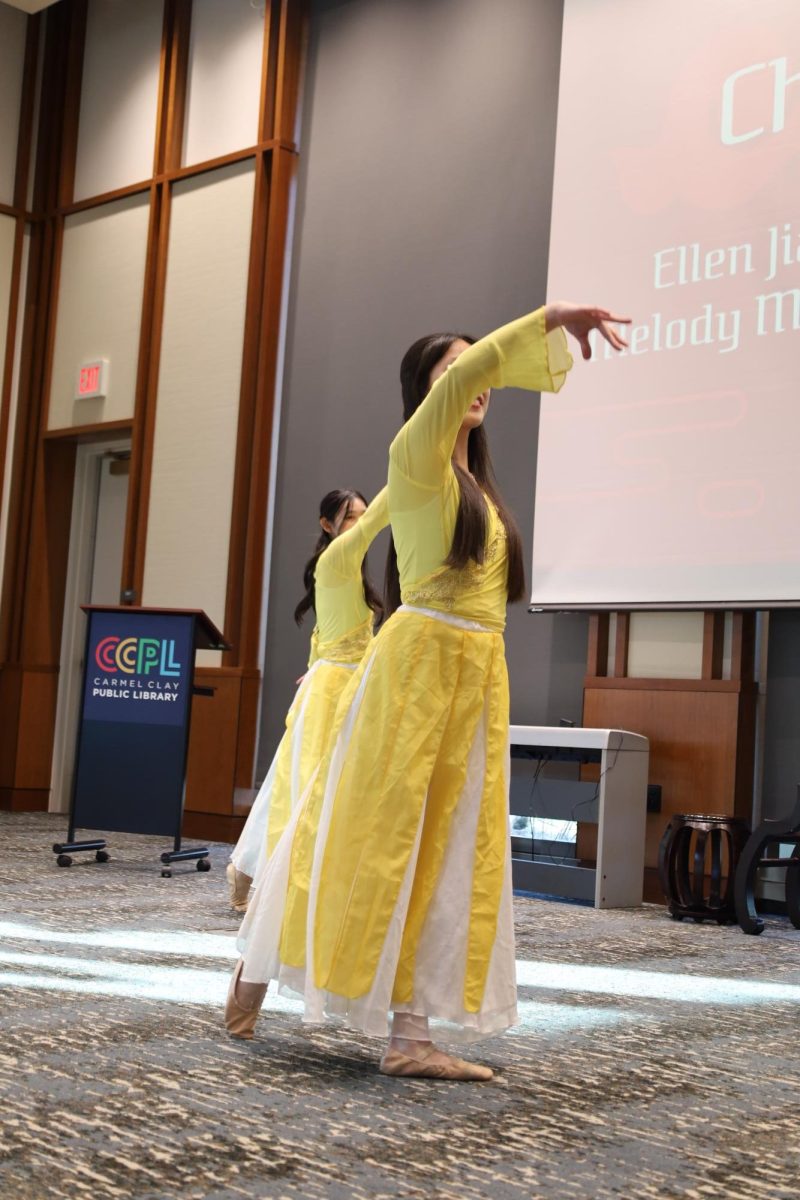










































![Review: “The Immortal Soul Salvage Yard:” A criminally underrated poetry collection [MUSE]](https://hilite.org/wp-content/uploads/2025/03/71cju6TvqmL._AC_UF10001000_QL80_.jpg)
![Review: "Dog Man" is Unapologetically Chaotic [MUSE]](https://hilite.org/wp-content/uploads/2025/03/dogman-1200x700.jpg)
![Review: "Ne Zha 2": The WeChat family reunion I didn’t know I needed [MUSE]](https://hilite.org/wp-content/uploads/2025/03/unnamed-4.png)
![Review in Print: Maripaz Villar brings a delightfully unique style to the world of WEBTOON [MUSE]](https://hilite.org/wp-content/uploads/2023/12/maripazcover-1200x960.jpg)
![Review: “The Sword of Kaigen” is a masterpiece [MUSE]](https://hilite.org/wp-content/uploads/2023/11/Screenshot-2023-11-26-201051.png)
![Review: Gateron Oil Kings, great linear switches, okay price [MUSE]](https://hilite.org/wp-content/uploads/2023/11/Screenshot-2023-11-26-200553.png)
![Review: “A Haunting in Venice” is a significant improvement from other Agatha Christie adaptations [MUSE]](https://hilite.org/wp-content/uploads/2023/11/e7ee2938a6d422669771bce6d8088521.jpg)
![Review: A Thanksgiving story from elementary school, still just as interesting [MUSE]](https://hilite.org/wp-content/uploads/2023/11/Screenshot-2023-11-26-195514-987x1200.png)
![Review: "When I Fly Towards You", cute, uplifting youth drama [MUSE]](https://hilite.org/wp-content/uploads/2023/09/When-I-Fly-Towards-You-Chinese-drama.png)
![Postcards from Muse: Hawaii Travel Diary [MUSE]](https://hilite.org/wp-content/uploads/2023/09/My-project-1-1200x1200.jpg)
![Review: "Ladybug & Cat Noir: The Movie," departure from original show [MUSE]](https://hilite.org/wp-content/uploads/2023/09/Ladybug__Cat_Noir_-_The_Movie_poster.jpg)
![Review in Print: "Hidden Love" is the cute, uplifting drama everyone needs [MUSE]](https://hilite.org/wp-content/uploads/2023/09/hiddenlovecover-e1693597208225-1030x1200.png)
![Review in Print: "Heartstopper" is the heartwarming queer romance we all need [MUSE]](https://hilite.org/wp-content/uploads/2023/08/museheartstoppercover-1200x654.png)


